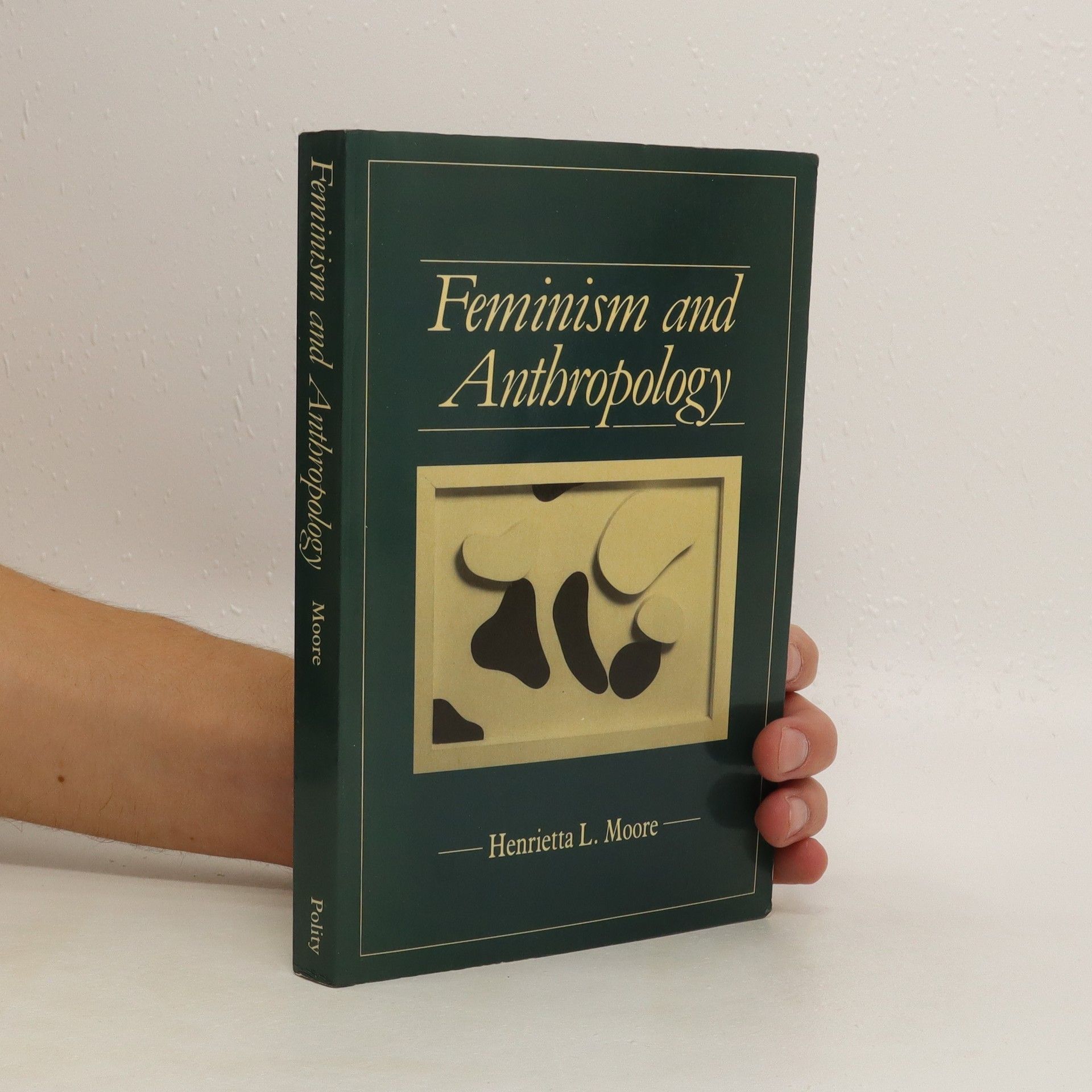This is the first book which examines the nature and significance of a feminist critique in anthropology. It offers a clear introduction to, and balanced assessment of, the theoretical and practical issues raised by the development of a feminist anthropology. Henrietta Moore situates the development of a feminist approach in anthropology within the context of the discipline, examining the ways in which women have been studied in anthropology - as well as the ways in which the study of gender has influenced the development of the discipline anthropology. She considers the application of feminist work to key areas of anthropological research, and addresses the question of what social anthropology has to contribute to contemporary feminism. Throughout the book Henrietta Moore's analysis is informed by her own extensive fieldwork in Africa and by her concern to develop anthropological theory and method by means of feminist critique. This book will be of particular value to students in anthropology, women's studies and the social sciences.
Henrietta L. Moore Livres
Henrietta L. Moore est une anthropologue sociale britannique dont le travail explore la culture, la communication et l'influence mondiale. Elle enquête sur la manière dont les structures sociales et les concepts culturels façonnent les vies humaines et les relations dans le monde contemporain. Sa recherche se concentre sur la compréhension des complexités de la société mondiale et sur la façon dont ces complexités sont communiquées et interprétées dans différents contextes. Par ses analyses, Moore contribue à une appréciation plus approfondie des dynamiques sociales et culturelles actuelles.


In this new book Henrietta Moore examines the limitations of the theoretical languages used by anthropologists and others to write about sex, gender, and sexuality. Moore begins by discussing recent feminist debates on the body and the notion of the non-universal human subject. She then considers why anthropologists have contributed relatively little to these debates, suggesting that this reflects the history of anthropology's conceptualization of ""persons"" or ""selves"" cross-culturally. The author also pursues a series of related themes, including the links between gender, identity, and violence; the construction of domestic space and its relationship to bodily practices and the internalization of relations of difference; and the links between the gender of the anthropologist and the writing of anthropology. By developing a specific anthropological approach to feminist post-structuralist and psychoanalytic theory, Moore demonstrates anthropology's contribution to current debates in feminist theory.